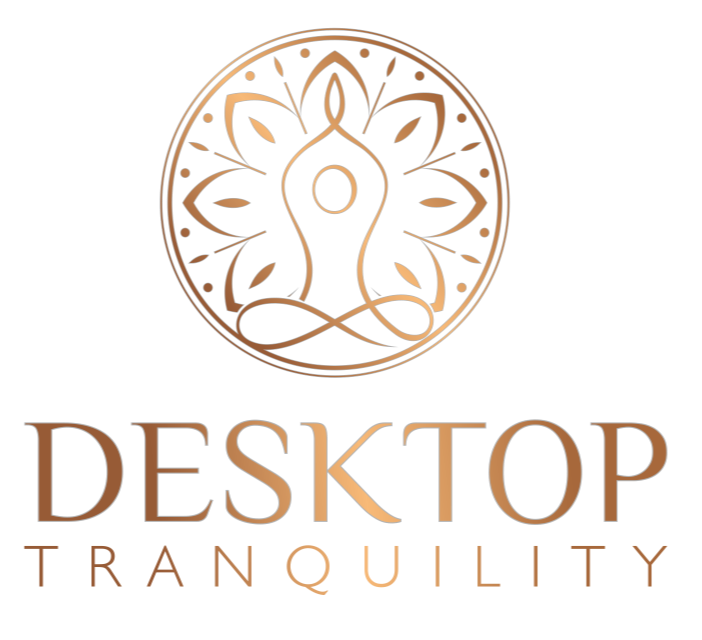Unleash the Power of Meditation
Meditation, a practice rooted in ancient tradition, has become increasingly popular in today's fast-paced world. It encompasses a range of techniques aimed at focusing the mind, achieving a state of peace, and cultivating an understanding of the self and the world around us. No matter what it's used for, meditation provides a serene sanctuary in our bustling lives.
What is Meditation?
Meditation is a practice of consciously focusing one's attention to achieve a mentally clear and emotionally calm state. It has been practiced for centuries in many cultures around the world, including Buddhism, Hinduism, and Taoism. Meditation can help reduce stress, increase focus and concentration, improve mental clarity, and promote relaxation.
What Does It Do?
Meditation has been shown to improve physical and mental health in a variety of ways. Research suggests that meditation can reduce stress, improve concentration, increase self-awareness, and even increase happiness. For those seeking to get the most out of their practice, meditation can also help facilitate deep spiritual growth by revealing inner truths and insights.
What Happens While Meditating?
While meditating, you may experience a variety of physical sensations, thoughts, and emotions. It is important to be mindful of any changes in body or mind without judging or attaching meaning to them. As the practice continues, it will become easier to stay focused on the present moment and observe whatever arises without judgment.
Benefits of Meditation
Regular meditation can bring about many physical and psychological benefits. It can reduce stress and anxiety, improve concentration and focus, boost creativity, increase happiness, ease symptoms of depression, help manage chronic pain and illness, cultivate compassion and empathy towards others, and promote overall well-being.
Types of Meditation
There are various types of meditation and different techniques to choose from. The most popular forms of meditation include mindfulness, body scan, loving-kindness, breath meditation, mantra meditation, guided visualizations, and transcendental meditation. Each type of meditation has its own unique benefits; however, the goal remains the same - to achieve a relaxed state of mind.
Setting Up a Meditation Practice
Meditation can be practiced in any comfortable position; however, sitting upright with your spine straight is the most effective stance. It is best to meditate in a quiet place without distractions. Additionally, it is important to find a time each day that works best for you and commit to regular practice. And before beginning a session, it is helpful to set an intention for the practice.
What Do I Need to Start?
You don’t need any special equipment to start meditating. All you need is a comfortable place to sit and the willingness to dedicate some time to practice each day. If desired, props such as blankets or pillows can help you find a more comfortable position while meditating. Additionally, many people find it helpful to use guided meditations or audio recordings to deepen their practice.
How Long Should I Meditate Each Day?
The amount of time you choose to meditate is up to you. However, even brief sessions can be beneficial and help you develop regular practice. You may find that starting with 10-15 minutes per day is adequate enough for your needs. As your practice deepens, you can increase the duration gradually if desired. It is important to remember that there is no “right” amount of time to meditate; the most important thing is to be consistent and commit to your practice.
How to Stick With It
Meditation can be challenging at first, particularly if you don’t have a regular practice. The key is to start small and be consistent. Start with short sessions (even just 5 minutes) and gradually increase the duration as your practice deepens. Additionally, it is important to be gentle with yourself and not become frustrated if your mind wanders during a session. Remember that there is no ‘right’ or ‘wrong’ way to meditate; the most important thing is to be consistent and enjoy the process. Lastly, it can be helpful to find a community of like-minded individuals who also practice meditation as this can provide support and motivation in building your practice.
Meditation for Beginners
If you are a beginner to meditation, there are many resources available to help you get started. Consider taking an introductory course on mindfulness or finding an experienced teacher who can provide guidance and insight into the practice. Additionally, there are many books, podcasts, and online videos that can help deepen your understanding of meditation. With patience and dedication, you will be well on your way to developing a practice that works for you.
Final Thoughts
Meditation can bring tremendous physical, mental, and spiritual benefits. For those seeking to start a meditation practice, it is important to find a comfortable spot in a quiet place, set an intention, and commit to regular practice. By doing so, you can gradually reap the many rewards of meditation.



